Polyphenols are nutritious compounds found in a variety of plant food sources.
Scientific studies suggest consuming this healthy compound can offer a wide range of benefits, including digestive enhancement, cognitive function, protection of cardiovascular health, and more.
Though there are many drinks and foods containing polyphenols, some foods do offer more phenolic content than others.
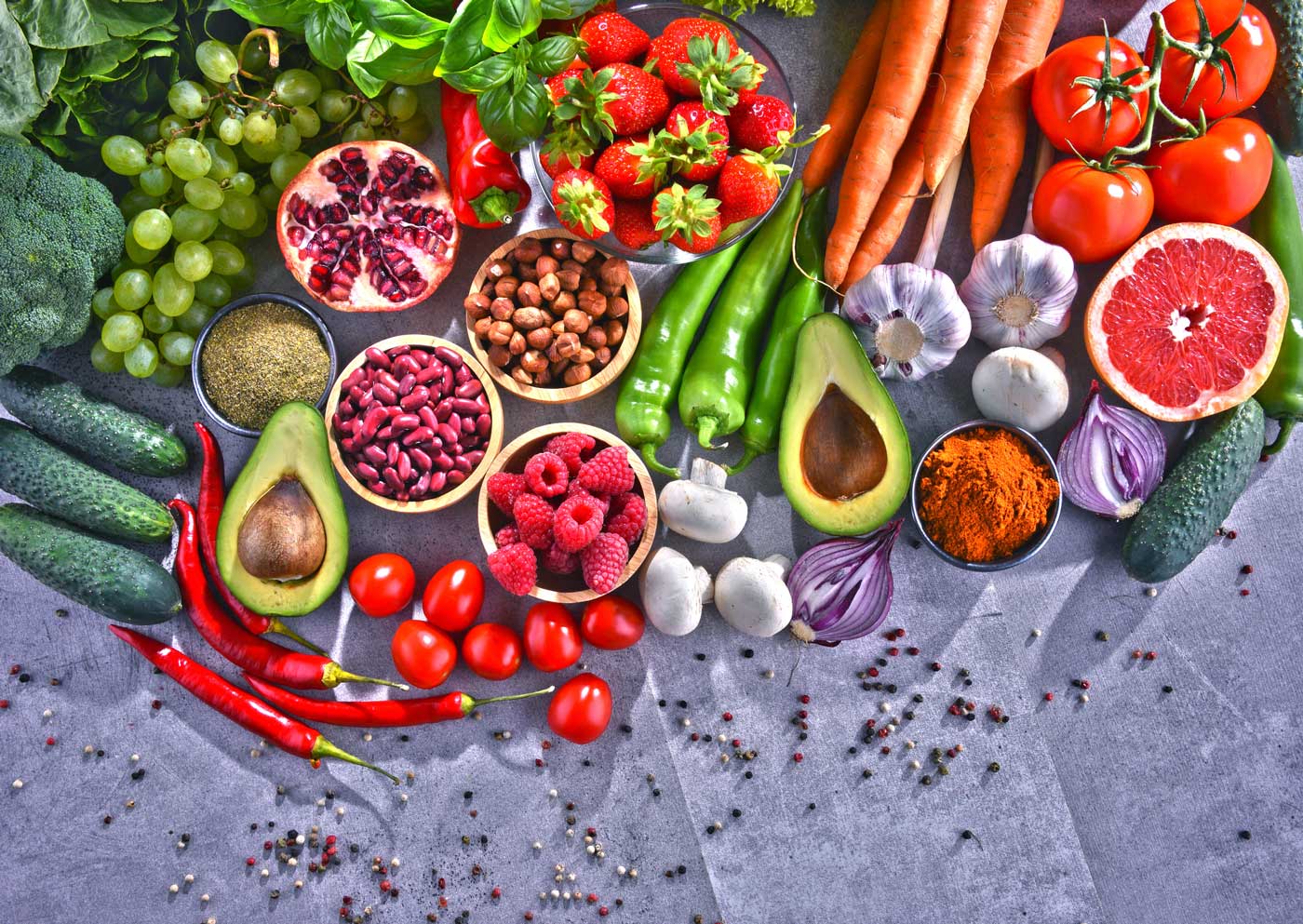
All healthy foods have certain compounds that make them nutritious.
Polyphenols are one of these compounds and naturally derive in certain plant-based foods, including nuts, fruits, dark chocolate, red wine, vegetables, Extra Virgin Olive Oil (EVOO), and more.
Among the many suggested benefits, polyphenols have antioxidant properties, which neutralize free radicals that can damage cells in the body.
These harmful toxins are known to pose certain risks of conditions like diabetes, heart disease, and even cancer.
Along with their antioxidant values, it is said that polyphenols also have anti-inflammatory properties.
There are many types of polyphenols found in food sources. Scientists have already identified and categorized more than 8,000 types of polyphenols into four classes:
Here’s where it gets a little more complicated - not all foods containing these polyphenols provide enough of the healthy compound to make a difference.
Certain factors need to be taken into account, including food origin, farming processes, storage, and preparation. In other words, the way these foods containing polyphenols make their way into our fridges makes all the difference.
Sure, you can go for polyphenol supplements, but some studies suggest potential downsides may overshadow their effectiveness.
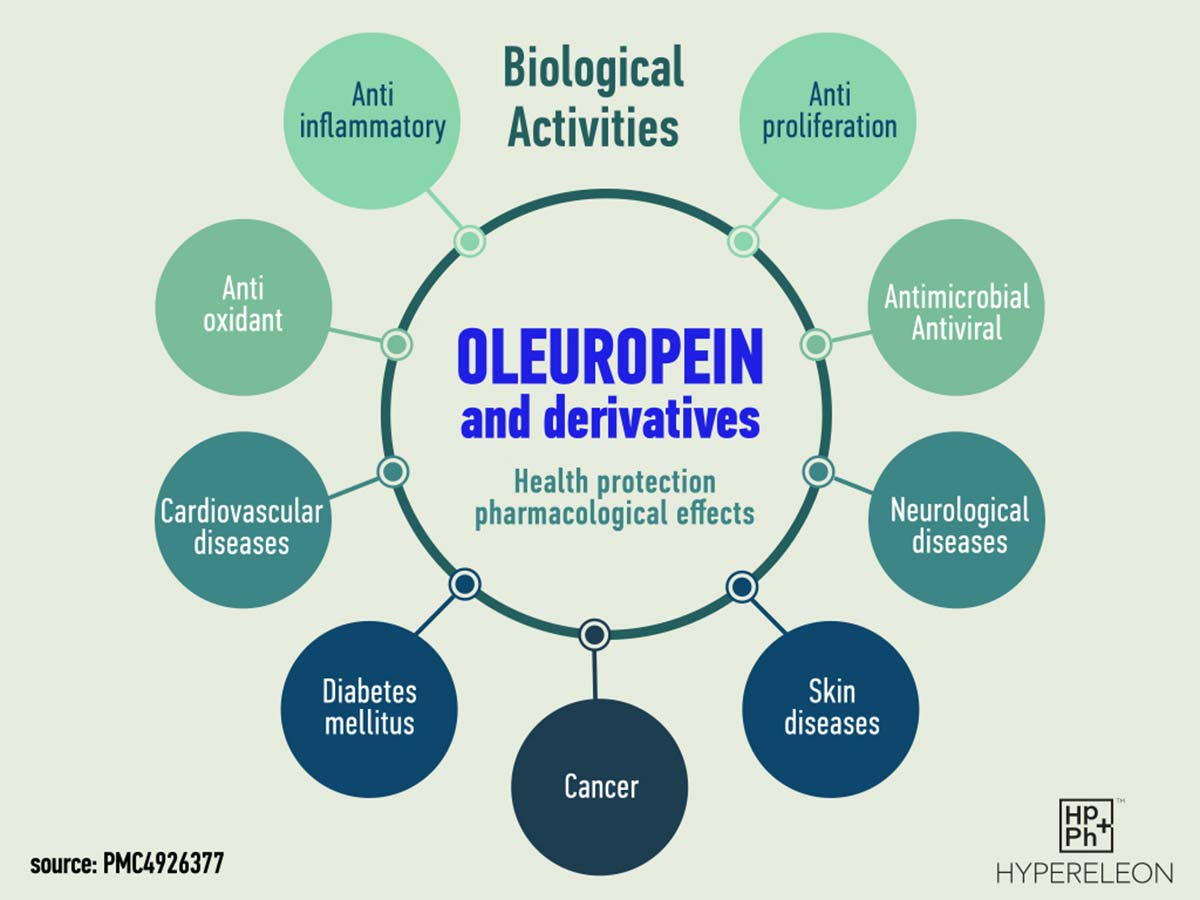
Scientific research has shown there are quite a few potential health benefits of polyphenols, including:
High blood sugar can pose a lot of health risks and contribute to conditions like type 2 diabetes. Research has found the antioxidant properties found in polyphenols have the potential to lower blood sugar levels.
Well, not only do polyphenols prevent the breakdown of starch into bad sugars, but they may also assist in insulin secretion, therefore stabilizing blood sugar levels.
Further studies indicate that people eating foods containing polyphenols have a significantly lower chance of developing ailments such as type 2 diabetes over a few years, as opposed to the latter.
The types of polyphenols lowering blood sugar levels are especially prominent in foods such as grapes, olives, berries, and the like.
According to the World Health Organization (WHO), ischaemic heart disease is the leading cause of death in the world, accounting for 16% of the world’s deaths.
Some factors contributing to heart disease include high cholesterol and chronic inflammation, both of which polyphenols have the potential to lower.
The antioxidant and anti-inflammatory properties found in polyphenols have shown to significantly lower risk of death from heart disease – especially lignans, a type of polyphenol most commonly found in flax seeds.
According to Hindawi, the digestive process is the enzymatic and mechanical action of converting ingested foods into valuable nutrients.
From here, the nutrients are absorbed into the bloodstream. Because all these enzymatic processes occur in the small and large intestines, it is extremely important for diets to include the appropriate composition and antioxidants.
Epidemiological studies suggest the importance of consuming foods high in bioactive components and antioxidant activity.
The Hindawi article also suggests phenolic compounds are the main form of these bioactive components needed for a healthy digestive system and is a major constituent of a healthy daily diet.
Need a focus or memory boost?
Studies suggest polyphenol-rich foods may have benefits for brain function.
According to NCBI polyphenols don’t just offer antioxidant benefits, but their effects may even decrease inflammatory stress signaling in the brain, increase protective signaling, and can even have neurohormetic effects, which relate to the programming of antioxidant enzymes.
Polyphenols offer an array of other benefits, including potentially lowering risks of cancer and blood clots.
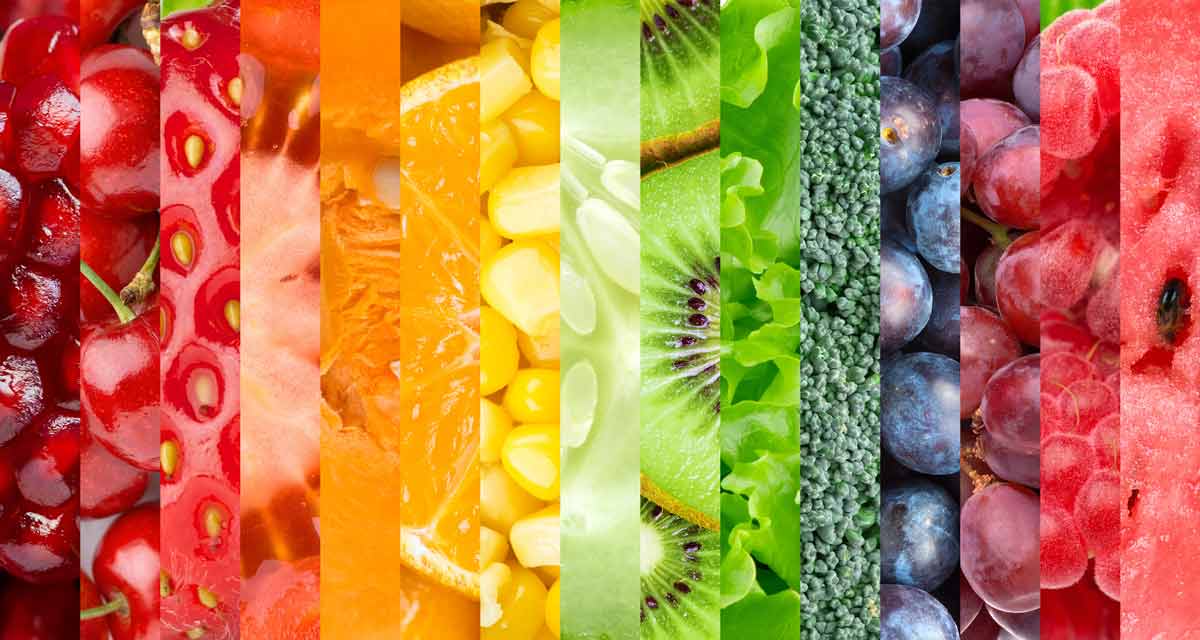
Like other nutritious compounds, polyphenols make an appearance in quite a few plant-based foods. To narrow them down, polyphenols are most prominent in berries, olives, EVOOs, dark chocolate, certain teas, and red wine.
Research shows there are at least 75 foods containing polyphenols:
If you want your diet to include these beneficial polyphenols, be sure to eat loads of these healthy foods.
If you’re looking for an alternative, read on to find out more about polyphenol supplements and high phenolic olive oil.
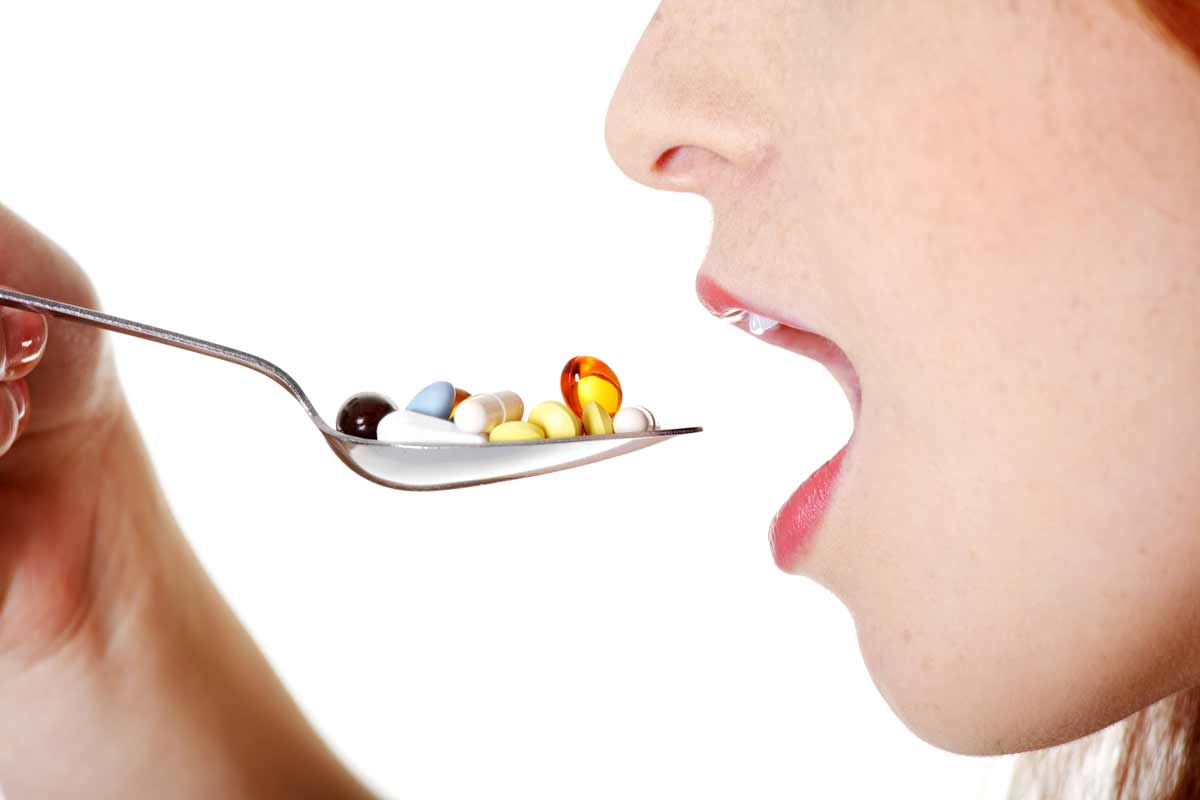
As with any supplement, consuming polyphenols in any other way than food products have both advantages and drawbacks.
You may think that simply taking a supplement is the best way to get pure and sufficient amounts of polyphenols, but that is not the case.
Supplements don’t necessarily offer the same polyphenol benefits as eating foods containing polyphenols.
What’s more, polyphenol supplements don’t contain a wide range of these phenolic compounds or any additional nutrients usually found in these food sources.
Like other nutrients, polyphenols usually work in unison with other micronutrients found in food.
Additionally, unlike dietary food supplements, several studies suggest that the absorption of phenolic compounds and other beneficial nutrients are higher when consumed directly – especially when it comes to EVOOs.
In fact, consuming EVOOs raw has up to 95% absorption!
Finally, and most importantly, there’s one particular drawback to food supplements that raises several questions and reports worldwide – side effects.
Food supplements almost always have side effects, which can negatively affect your health.
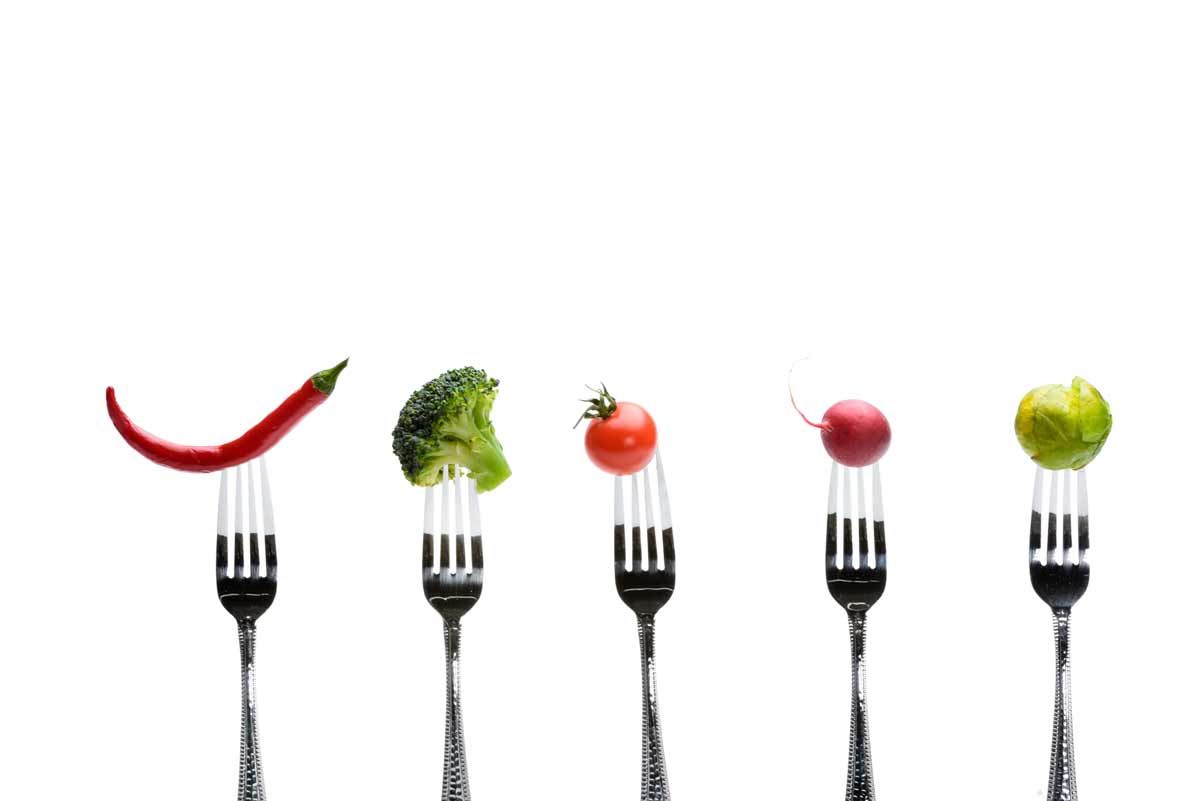
According to University Davis California, a recommended two tablespoons of high phenolic EVOO a day may improve blood levels of lipids and lipoproteins, therefore decreasing the risk of heart disease.
The higher the total phenol content, the larger the increase of high-density lipoproteins (HDL) in a shorter time period.
In order to reduce low-density lipoprotein (LDL), the university suggests a minimum of 1.5 tablespoons (20 grams) of EVOO for at least six weeks to decrease LDL by 10% or more.
While oils high in polyunsaturated fat increase LDL oxidation, consuming as little as two tablespoons (25ml) of EVOO containing a total phenolic content of 150mg/kg a day may reduce oxidation of LDL in less than four weeks.
The university clearly states that health benefits of EVOO are strongly related to the phenol content and that the monounsaturated fat content has a much less significant role.
Therefore, if you want to maximize the potential health benefits of EVOO, it’s best to find an EVOO with higher phenol content – which is usually indicated by the bitterness of the oil.
According to the Official Journal of the European Union, replacing saturated fats with unsaturated fats, such as oleic acid, contributes to stable blood cholesterol levels.
Furthermore, the journal suggests that the polyphenols in EVOO can contribute to the protection of blood lipids from oxidative stress. This claim, however, only relates to olive oil containing at least 5mg of hydroxytyrosol and its derivatives per 20mg of olive oil – which is the suggested daily intake.
After doing seven key studies, the university found that consuming at least two tablespoons (25ml) of EVOO with a total phenol content of at least 161mg/kg may significantly decrease systolic blood pressure in just three weeks.
Additionally, EVOO containing at least 300mg/kg of phenols may also decrease diastolic blood pressure. In their study, they also found that high phenolic EVOO is more effective at reducing blood pressure than as reported by the DASH (Dietary Approaches to Stop Hypertension) study.
Overall, they recommend a daily intake of at least two tablespoons of high phenolic EVOO to potentially lower blood pressure. Their study and available research suggest a daily intake trial of EVOO consumption should be considered before prescribing medication for hypertension.

Some studies over the years have suggested weight-loss potential in polyphenols.
According to Medical News Today, a 2011 study found a polyphenol-rich diet has a connection to weight loss.
Furthermore, a 2015 study indicated weight-loss in people who consumed foods containing polyphenols.
Any healthy diet requires appropriate amounts of micronutrients and macronutrients. Macronutrients would include proteins, fats, and carbs, while micronutrients would include vitamins, mineral, and other nutrients.
As a micronutrient, polyphenols may provide a digestive boost through its antioxidant properties. This can aid the metabolism, helping the body burn fat more easily.
Ingesting polyphenols are safe for most people, but the downsides don’t relate to the polyphenols themselves. Instead, it’s the method of consuming the polyphenols that pose the biggest downsides.
Taking polyphenol supplements is where the risks start to appear. Some polyphenol supplements contain too many polyphenols, which not only puts your health at risk, but can actually stunt your body’s nutrient absorption or even interact with other medications.
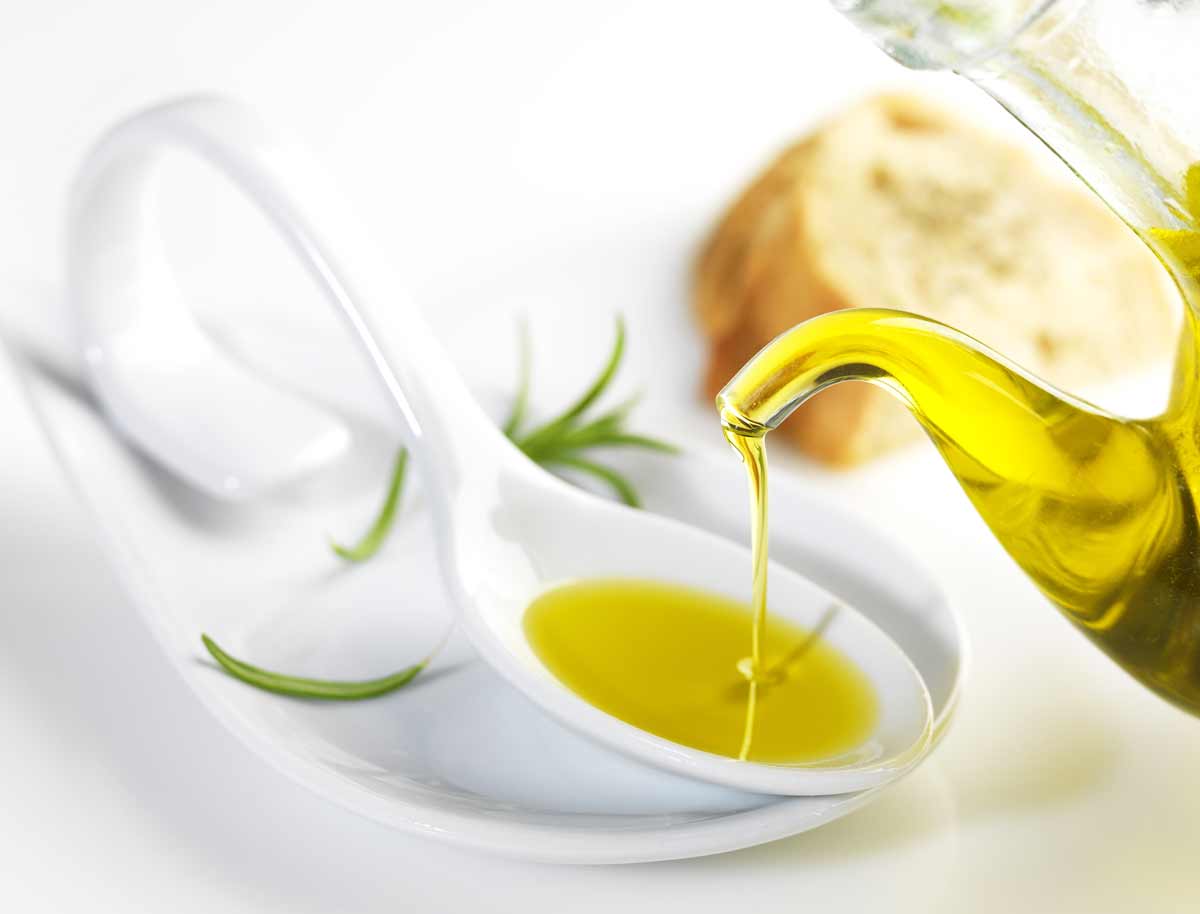
There are numerous studies around the benefits of olive oil as opposed to more commonly used vegetable oils.
The reason for its healthiness mainly relates to its excellent source of more than 30 extremely important polyphenols, like Hydroxytyrosol, Tyrosol, Vanilic acid, Caffeic acid, Ferulic acid, Vanilin, p-coumaric acid, and o-coumaric acid.
In addition, according to numerous studies, specific polyphenols provide priceless health protective value and can ONLY be found in EVOO. These priceless EVOO polyphenols include Oleocanthal, Oleocanthalic acid, Oleacein, Οleuropein and its various aglycones, Ligstroside and its various aglycones, Oleokoronal, Oleomissional, oleic acid, and more.
Indicatively and according to studies, the benefits of these polyphenols in particular include:
Has an anti-inflammatory effect similar to Ibuprofen and inhibits the progression of Alzheimer’s disease, COX1 and COX2, rheumatoid arthritis, and tumors. It also delivers antioxidant action.
Long-term intake in low doses has shown to offer protection against cardiovascular diseases and aging as well. With regards to EVOO, Oleocanthal is also responsible for the pungency of the liquid, which is a unique characteristic of early harvested olive oil (agourelaio).
With a similar molecular structure to Oleocanthal, Oleacein is a derivative of hydroxytyrosol and regarded the most powerful antioxidant in olive oil.
Oleuropein provides strong antioxidant activity and is said to offer protection against Alzheimer’s disease.
Offers strong antioxidant and antimetastatic action. But it doesn’t stop there…
There have been many studies around different brands and types of olive oils and how only some provide these health benefits. As with most healthy foods that contain beneficial nutrients, not every bottle of olive oil you pick up at the store will contain these nutrients.
In fact, how the olives are grown, cultivated, harvested, processed, bottled, and distributed makes all the difference.
The secret to healthy olive oil, is high-phenolic olive oil. More specifically, high-phenolic extra virgin olive oil (EVOO).
As mentioned before, you would rarely find this type of high-phenolic olive oil in stores.
According to an article written in TIME, there are some limitations to consuming olive oil.
With that being said, the article also states EVOOs are healthy due to the minimal processing and refinement that go into the harvesting and production process.
Further stated in the article is the extent at which some US olive oil producers go to misinform consumers about the contents of their EVOO products.
The National Consumers League tested eleven different brands of olive oils in 2015, of which six failed to meet the EVOO standards.
These were just brands in the US, which means there are several other brands around the world who are misleading consumers into believing they’re consuming healthy EVOOs, when they’re actually not.
In simple terms, high phenolic olive oil is an EVOO that contains the healthy polyphenols. As mentioned before, the production process makes all the difference in the health benefits of the polyphenols in the EVOO.
According to Health Claim E.U. 432/2012 by the European Food Safety Authority (E.F.S.A.), the recommended daily intake to protect blood lipids from oxidative stress, is 20g of EVOO with high phenolic content – which is more than 5mg of hydroxytyrosol and its derivatives per 20g of oil.
Not only are these phenolic compounds themselves very healthy, but they also keep the oil stable. There are various health benefits of high phenolic olive oil that make it well worth incorporating into your diet, namely:
As a global award-winning brand, HYPERELEON contains up to ten times the phenolic compounds compared to other high phenolic EVOOs and up to 30 times more than regular or low-cost olive oil.
With our state-of-the-art organic growth, harvesting, processing, and distribution processes, we ensure there are no additives, harmful preservatives, or chemicals contained in any of our products.
Already awarded 22 top international awards, HYPERELEON has been recognized for “setting a New Standard of High Phenolic EVOOs” and was honored with 3 top awards as the World’s Best Healthy EVOO in 2020. It’s no secret why we should be at the top of your list!
Polyphenols are natural plant compounds found in a variety of food sources, including fruits, vegetables, nuts, and seeds. Though some prefer taking polyphenol supplements, it’s always recommended to avoid supplements as they may put you at risk of potential side effects.
EVOOs around the world claim to contain these polyphenols, but some may be misleading. That is why you should always look for the health claim badge on the label to ensure you purchase certified high phenolic olive oil that has been cold-pressed and unfiltered.
HYPERELEON offers award-winning, 100% pure & natural, high phenolic EVOO that contains up to thirty times the amount of polyphenols than other olive oil products.
HYPERELEON’s golden elixirs have excellent compounds such as oleocanthal and oleacein, among others. Our processes are carefully monitored to retain as much of the healthy polyphenols as possible.
Check out our range of products and start receiving these invaluable polyphenolic benefits.